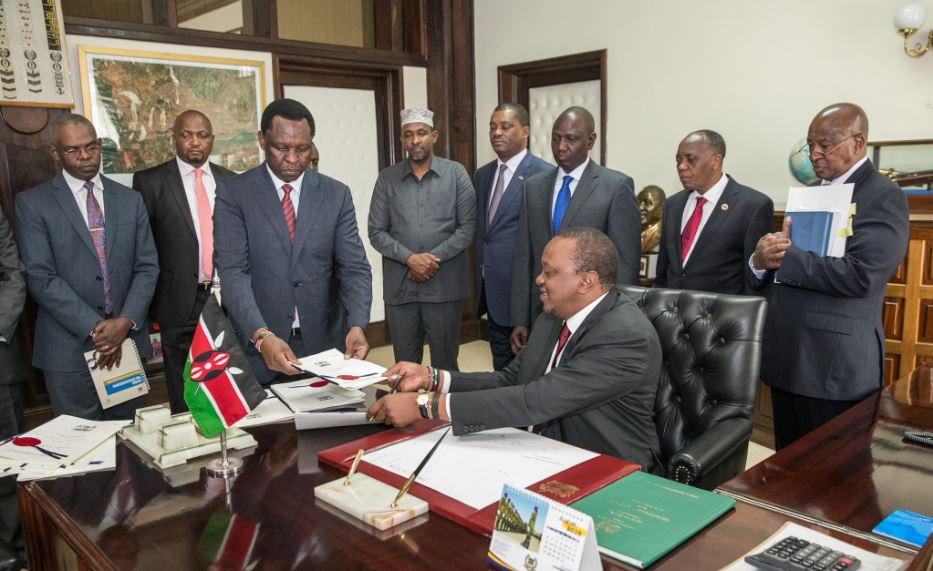
NAIROBI, KENYA: The mandatory housing levy that will be imposed on taxpayers’ gross salary for the year beginning January 1, 2019 has been met with a lot of criticisms running from the Federation of Kenya Employers to the employees themselves. It is very ambitious of the government but the approach seems to be wrong as there is a general feeling that it will overburden the taxpayers.
Housing as it is in Kenya, is very costly, especially in the urban areas. Take for instance, Nairobi where a bedsitter costs Sh6 000 in the very least. The rent costs increase as one moves to areas with better security and easy access to the main road.